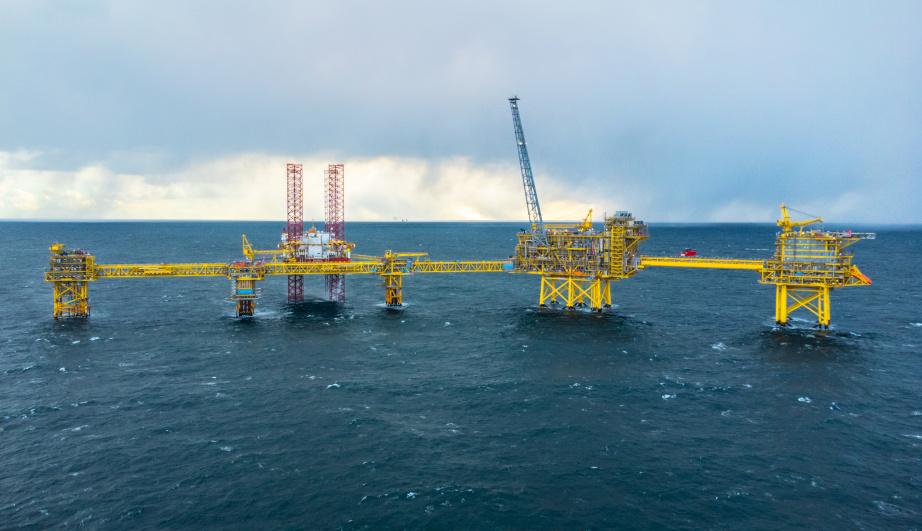As the United Kingdom looks towards its energy future, North Sea oil and gas companies seem hesitant to fully invest in renewable energy. The clash between traditional hydrocarbon exploration and ambitions for low-carbon electricity production suggests an uncertain energy future for London. With the granting of new gas exploration licenses, the balance tips, casting a thick cloud over the country’s energy transition.
Under the leadership of Prime Minister Rishi Sunak, the UK recently announced the awarding of new gas exploration and production licenses in the North Sea. However, despite these initiatives, oil and gas companies struggle to invest in renewable energy. In 2022, some sector players even reduced their investments in low-carbon projects compared to 2021. This situation exacerbates the decline of oil production in the North Sea, which has reached its lowest level since the 1970s. While London attempts to revive its hydrocarbon projects, parallel discussions highlight the potential for an additional 20 to 30 GW in offshore wind by 2030, provided that investments follow.

North Sea oil companies in the UK invest little in renewable energy
The British Prime Minister, Rishi Sunak, recently announced the awarding of numerous new gas exploration and production licenses. This decision has sparked intense debates about the lack of investment in renewable energy, particularly in the North Sea. Oil companies prefer to focus on traditional hydrocarbon drilling projects, thus neglecting the opportunities offered by offshore wind. source
The impact of low investments in renewable energy
Some companies even reduced their investments in low-carbon or renewable products in 2022, compared to 2021. sourceThis gap is reflected in the figures: the UK shows the lowest growth of low-carbon electricity production by 2030 due to a lack of investment. source
The urgent need for an energy transition
With North Sea oil production at its lowest level since the 1970s, diversification into renewable energy appears essential. Yet, British authorities have announced the awarding of 27 new licenses for exploration and drilling for hydrocarbons in the North Sea. source Meanwhile, innovative projects remain on hold.
Energies renouvelables : comment l’armée française solarise ses sites https://t.co/Hu1FPb0Iu6
— La Tribune (@LaTribune) September 16, 2024
Articles similaires
Thank you!
We will contact you soon.














